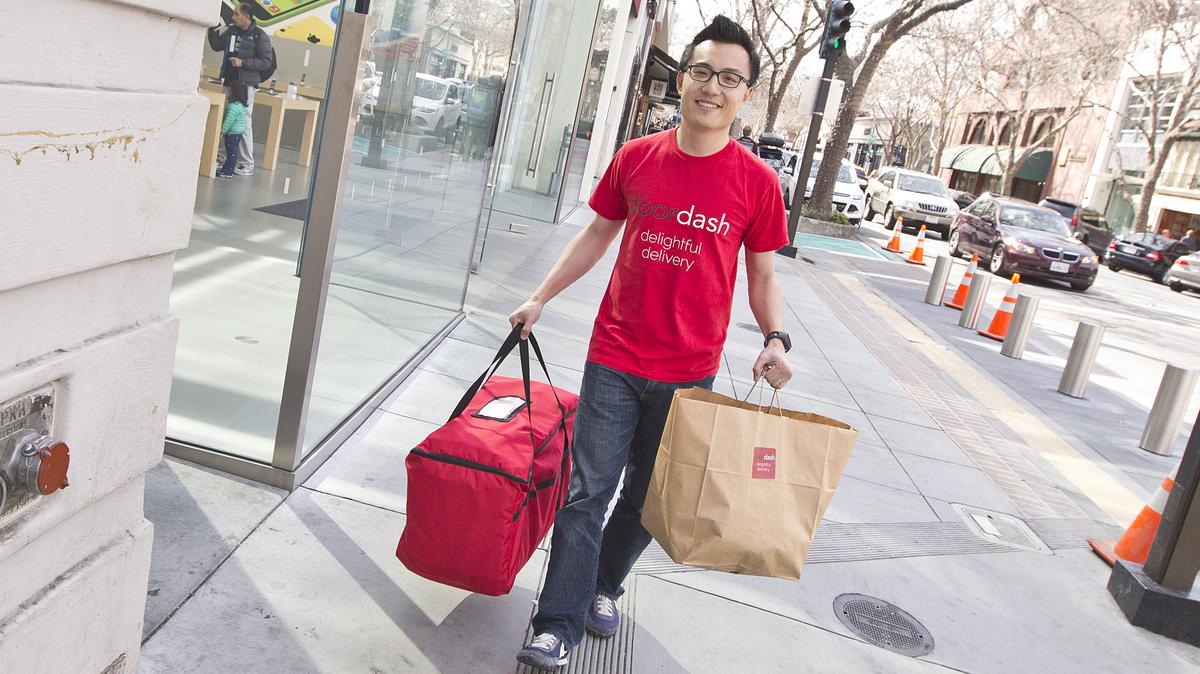
On Feb. 6, the House passed an employment regulations bill in support of unions, but against independent contractors and those who contract them. Bill 224-194, or the PRO Act, is a takeoff on California’s disastrous AB5, which re-classes independent contractors as employees, under the guise of protecting them from the companies they work for.
Many freelancers have been organizing against similar bills in state legislatures and now find themselves battling the representatives they trusted to look out for their interests at the federal level. As the bill moves to the Senate, it has attained the endorsement of New York Sen. Chuck Schumer (D), the chamber’s minority leader.
Schumer is undoubtedly heeding the warning of AFL-CIO President Richard Trumka, who said opposition to the bill would result in a lack of support from the union of unions. In fact, the bill was only brought to the House floor after 72 representatives petitioned House Speaker Nancy Pelosi to do so. Many of those 72 are endorsed by the AFL-CIO.
The AFL-CIO has seen union membership drop in the wake of a Supreme Court decision preventing them from taking workers’ money without permission, and has been consequently pumping even more money away from labor organizing and into political action.
President Trump has promised to veto the law if it comes across his desk.
Pres. Trump sent out a memo that he will VETO #HR2474 if it comts across hood desk.
BREAKING: Fantastic news!
President Trump released a memo on #HR2474, which is the federal version of #AB5 on steroids. He will VETO! #RepealAB5 #AB1928 https://t.co/DZBri5ooIe pic.twitter.com/iXh9cICcak— Andi HK (@AndiHK) February 8, 2020
For this, he will end up with voters on his side who never, ever, under any circumstances, would have seen themselves voting for him in 2020.
https://twitter.com/CoachFelecia/status/1226126664570109952?s=20
In California, the fight against the gig economy began in 2019 with Assembly Bill 5, written with the help of the AFL-CIO. It was sponsored by Assemblywoman Lorena Gonzalez, who says “it would be great if all workers were unionized.”
Freelancers oppose this law, including 88 percent of creative freelancers. Lawmakers want to push gig workers into union-designed job structures, so they can be pushed into unions themselves, so the unions have more money to give to political campaigns. Unless they really do believe that freelancers need protection from their own drive and ingenuity, or that companies that rely on independent contractors’ services will suddenly have the funds to employ them with all the other government-mandated benefits and restrictions that are required for people in traditional employment situations.
https://twitter.com/OceanMalandra/status/1225500691487170560?s=20
The supposed purpose of these laws is to keep gig workers safe from big bad tech companies that would exploit their labor. Uber and Lyft, Handy, DoorDash, Postmates, and so many other apps rely on gig workers to take assignments to drive, clean, and deliver. But what these laws do not do is take into account the will of the workers.
AB5 has been on California’s books since January 1, and in that time, California freelancers have been blacklisted by companies that routinely use freelancers, and no longer will work with those based in that state.
“Though it’s a well-intentioned law, it’s written by labor unions and signed off on by lawmakers who appear unconcerned about the devastating fallout here in California,” said Alisha Grauso, co-leader of the California Freelance Writers United in a press release about the passage of the PRO Act. “We are a nonpartisan group, and we notice which lawmakers listen to our sounds of alarm and who does not.”
Instead of setting their own schedules, which allows many freelancers the freedom to both earn a living and sort out a work-life balance outside 9-5 confines, gig workers would be beholden to apps for their shifts and work no more than 40 hours per week.
This law includes a test to determine a freelancer from full-time employee. Called the ABC test, and developed by the California Supreme Court, a freelancer could not be under the direct control of the company, either in contract or in practice. The worker could not be providing a service that was directly relevant to the company’s course of business.
This means that if a graphic design company hired a freelance janitor, that’s okay, but a freelance graphic designer would have to come on board as an employee. Finally, the freelancer has to also provide his or her service to the public.
Drivers for ride-share companies could not pass this test. Nor could delivery persons, house cleaners for cleaning service apps, or tutors for online tutoring providers. In the creative realm, so many writers, journalists, poets, photojournalists, designers, musicians, performers, editors, stylists, makeup artists, and others gig for companies that in one way or another resell the product of that work.
The only provision made in the law for photojournalists and writers was that they could sell up to 35 submissions to any one outlet before that outlet would have to either hire them as full-time employees, or discontinue working with them. The House bill does not even contain this proviso. Creatives’ gigs are on the chopping block.
There is pushback against AB5 and other state legislatures that are drafting these laws, yet the House thought it was a good idea to pass a version, lifting language written with the help of unions, without even considering the devastating effect these laws are having on workers.
Gig worker laws do not take into account the very real differences in the labor market of the 21st century. Workers want more control over their lives and work product. They do not want to take what companies offer. Instead, many find that they are better able to decide how and when to work.
Workers in 9-5, 40-hour weeks, with 5 sick days, 10 vacation days, and set benefits may be happy with those confines on their work and lives. But for many who have stepped outside the traditional forms of employment, what they give up in stability and government protections are more than made up for in flexibility, the ability to earn on one’s own terms, and being able to raise their kids without the interference and expense of all-day child care.
The law does not take into account small businesses that depend on gig workers, and upon which gig workers depend. These are symbiotic relationships where workers provide the service, the business provides the platform, and everyone gets a small piece of the pie.
Freelancers and gig workers don’t want government protections. They want to earn and succeed on their own terms. No state or federal government should interfere with that.
While President Trump is busy earning the votes of Democratic freelancers, the lawmakers those Democrats previously voted for are jettisoning theirs. Instead of worrying about getting that cash from the union bosses, they should be more concerned about losing the votes of their constituents. Max Rose, Chuck Schumer, I’m looking at you.









